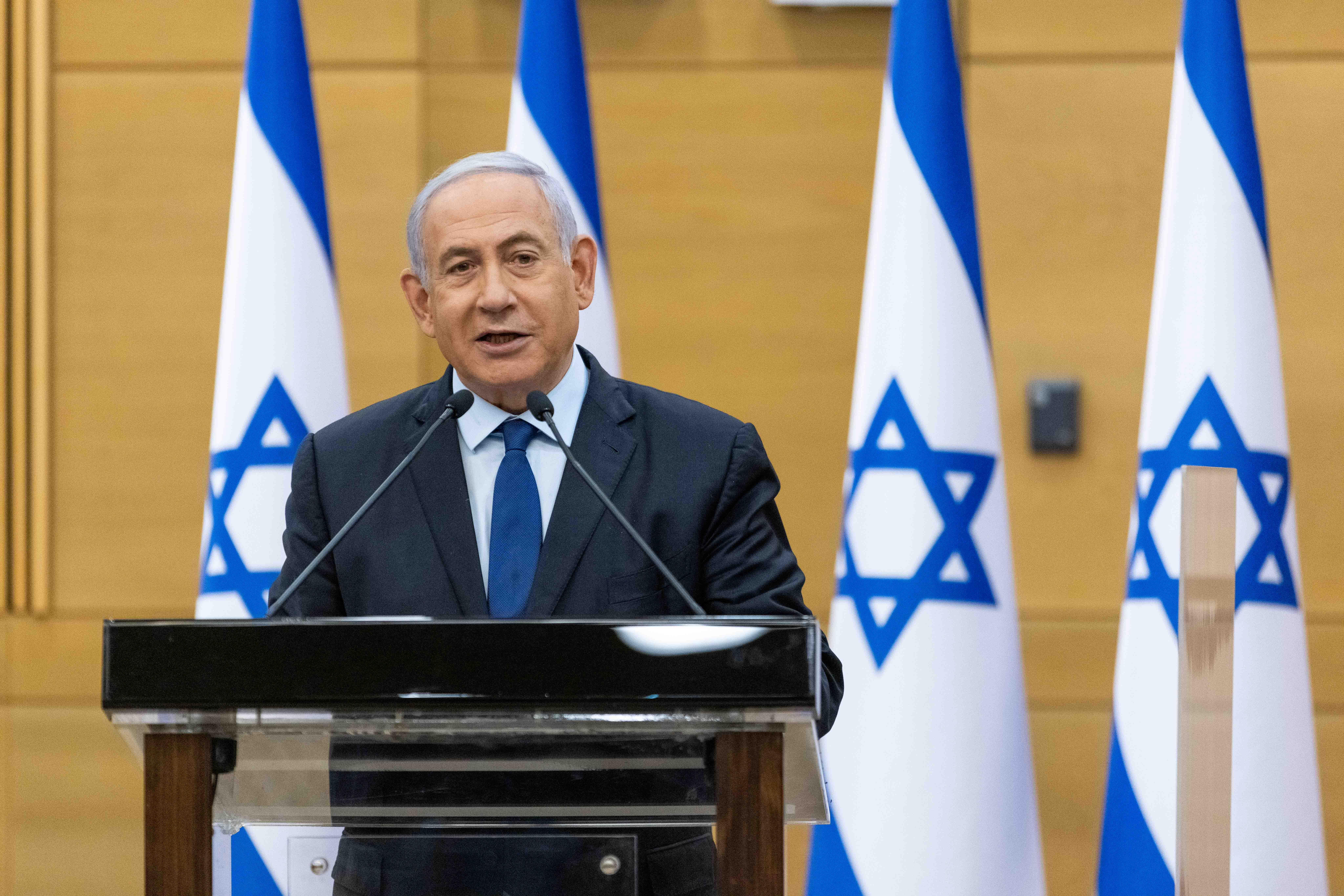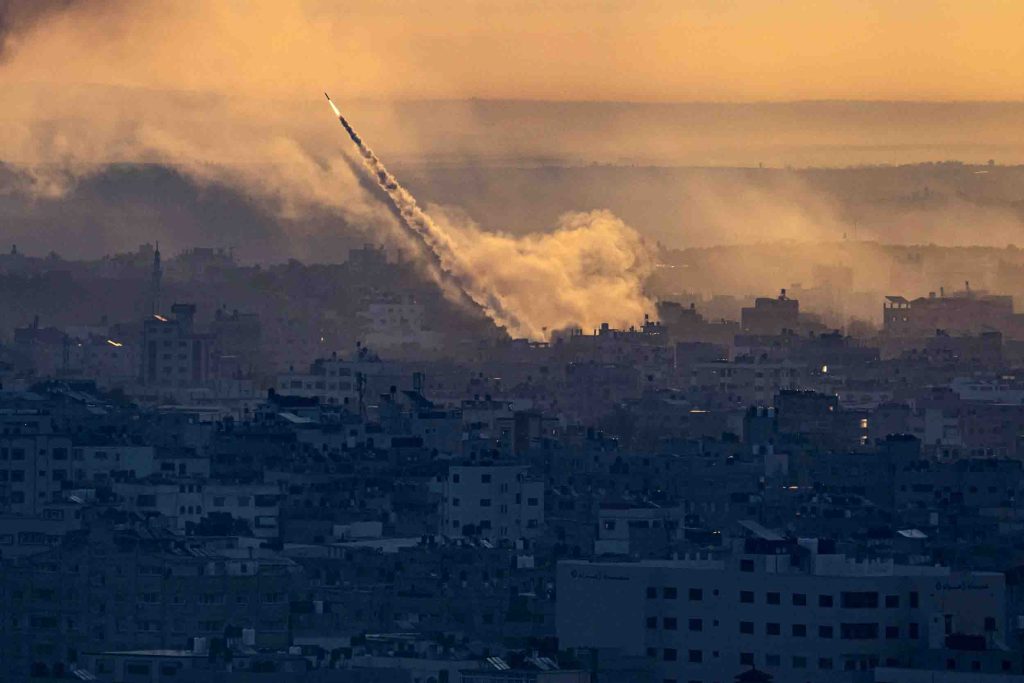After Hamas launched its unexpected offensive, the Israeli government replied, resulting in thousands of casualties on both sides and a dead toll that has surpassed 1,100.
The assault comes as reprisal for one of the most brutal attacks in its history, in which the islamist organization Hamas killed 700 Israelis and kidnapped scores more.
Hamas fighters’ rampage through Israeli towns on Saturday, Oct. 7, was the deadliest attack since Egypt and Syria’s attacks in the Yom Kippur war 50 years.
In response, Israeli air strikes hit housing blocks, tunnels, a mosque and homes of Hamas officials in Gaza, killing more than 400 people, including 20 children, in keeping with Prime Minister Benjamin Netanyahu’s vow of “mighty vengeance”.

Israeli’s military labored into Monday, Oct. 9, to crush fighters still in southern towns and intensified its bombardment of the Gaza Strip.
More than 40 hours after Hamas launched its unprecedented incursion out of Gaza, Israeli forces were still battling with militants holed up in several locations.
At least 700 people have reportedly been killed in Israel and more than 400 have been killed in Gaza.
“The price the Gaza Strip will pay will be a very heavy one that will change reality for generations,” said Defence Minister Yoav Gallant in the town of Ofakim, which suffered casualties and had hostages taken.
Beyond blockaded Gaza, Israeli forces and Lebanon’s Iran-backed Hezbollah militia exchanged artillery and rocket fire, while in Egypt, two Israeli tourists were shot dead along with a guide.
Appeals for restraint came from around the world, though Western nations largely stood by Israel while Iran, Hezbollah and protesters in various Middle Eastern nations lauded Hamas.
In southern Israel on Sunday, Hamas gunmen were still fighting Israeli security forces more than 24 hours after their surprise, multi-pronged assault of rocket barrages and bands of gunmen who overran army bases and invaded border towns.
“My two little girls, they’re only babies. They’re not even five years old and three years old,” said Yoni Asher who recounted seeing video of Palestinian gunmen seizing his wife and two small daughters after she took them to visit her mother.
Uri David told a news conference he spent 30 minutes on the phone with his two daughters, Tair and Odaya, during an attack until they no longer responded to him and that he did not know their fate.
“I heard shooting, shouting in Arabic, I told them to lie on the ground and hold hands,” he said, breaking down in tears.
Mayyan Zin, a divorced mother of two, said she learned that her two daughters had been abducted when a relative sent her photos from a Telegram group showing them sitting on mattresses in captivity. She then found online videos of a chilling scene in her ex-husband’s home in the town of Nahal Oz: Gunmen who had broken in speak to him, his leg bleeding, in the living room near the two terrified, weeping daughters, Dafna, 15, and Ella, 8. Another video showed the father being taken across the border into Gaza.
“Just bring my daughters home and to their family. All the people,” Zin said.
Israel’s military said it had regained control of most infiltration points along security barriers, killed hundreds of attackers and taken dozens more prisoner.
The military said it had deployed tens of thousands of soldiers around Gaza, a narrow strip of land that is home to 2.3 million Palestinians, and was starting to evacuate Israelis around the frontier.
“This is my fifth war. The war should stop. I don’t want to keep feeling this,” said Qassab al-Attar, a Palestinian wheelchair user in Gaza whose brothers carried him to shelter.
Israel has not released an official toll but its media said at least 700 people were killed, children among them. Military spokesperson Daniel Hagari called it “the worst massacre of innocent civilians in Israel’s history.”





Leave a reply